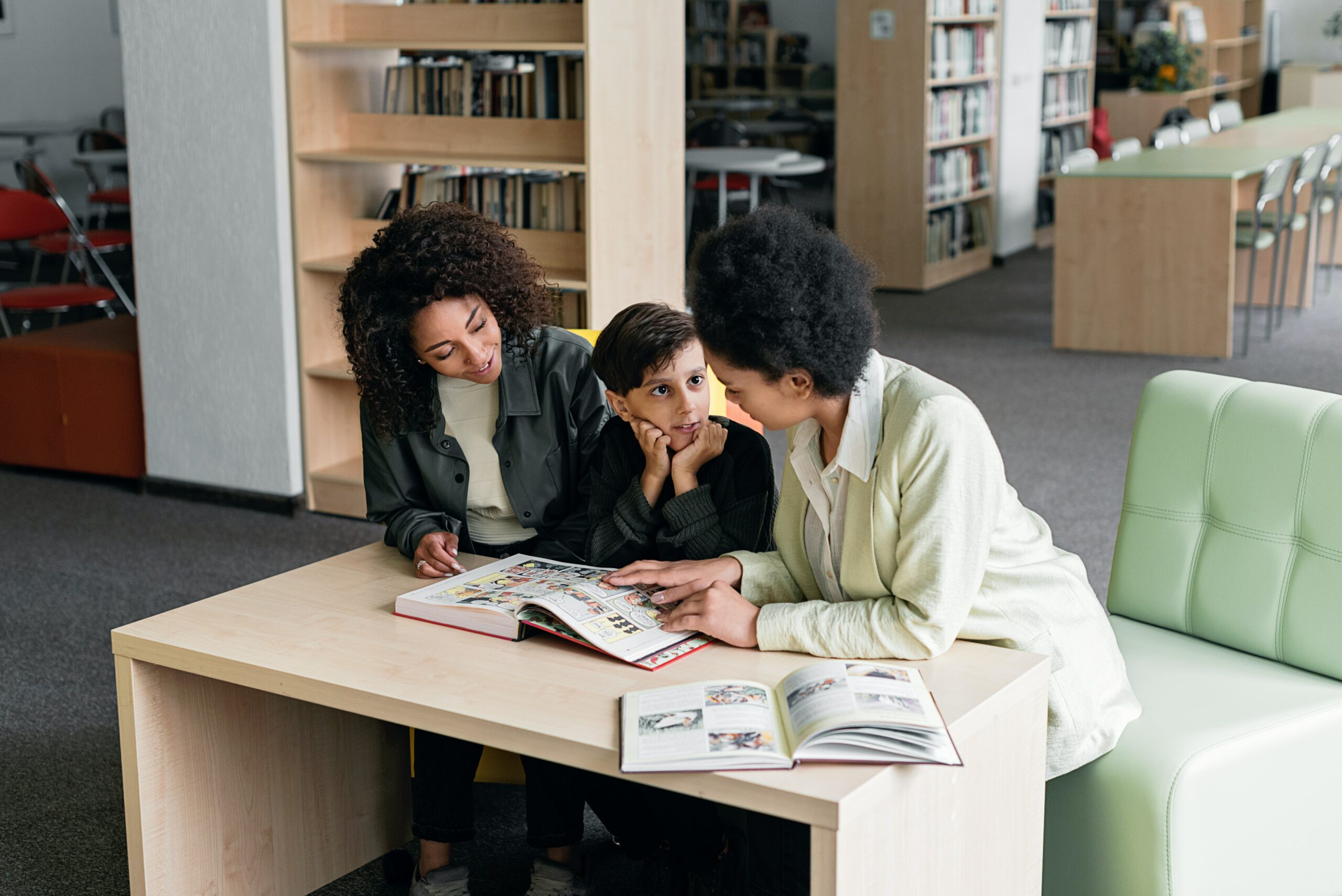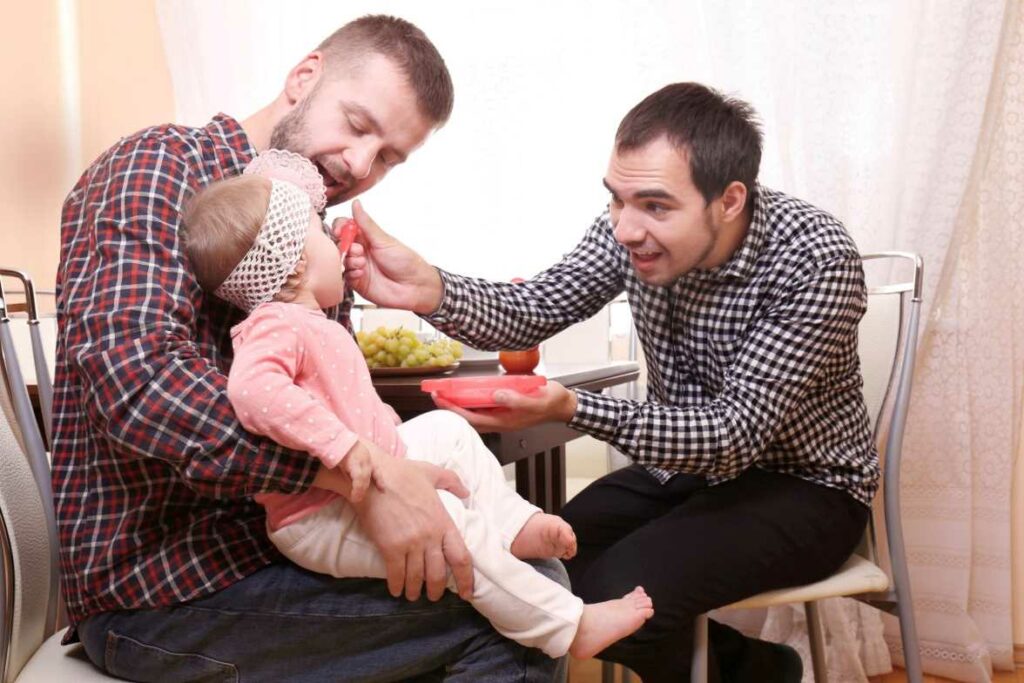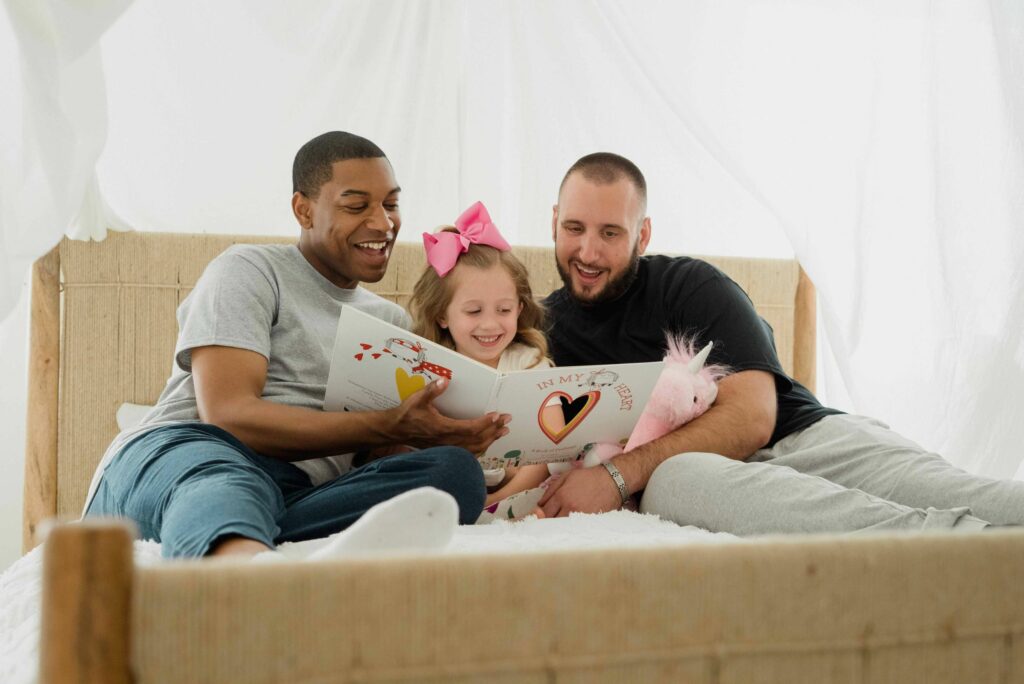Article At Glance:
- Constant fighting is a common family problem that may indicate more profound issues.
- Physical or emotional distance within families makes it difficult to feel connected, but prioritizing family time can help.
- Differing parenting styles can lead to significant conflicts. Setting common parenting values and goals is essential.
Are you motivated to overcome family problems and create a healthy life for everyone? In this article, our therapists reveal the most common family issues and the best strategies to overcome them.

Family tends to bring out both the best and the worst in us
While our family is often one of our greatest sources of joy, they also have the ability to press our buttons in a way that nobody else does. It’s no surprise, then, that family problems are so common and so difficult to solve.
Leo Tolstoy wrote:
“All happy families are alike, but every unhappy family is unhappy in its own way.”
Each family has its own unique dynamics, which create family issues and unhappiness that reflect the uniqueness of the individuals therein. But at the same time, there are family problems that are common across the board. With a little bit of understanding and strategizing, you can figure out how your unique family presents these common family issues, and find ways to help everyone cope better. Utilizing basic problem-solving skills, you can help reduce the amount of family problems that come up, as well as mitigate the damage when they do.
5 common family problems and strategies you can use to help with each of them

Common Family Problem #1: CONSTANT FIGHTING
As nice as it would be to live in a world where our families always got along, every family experiences some level of conflict. But if the conflict starts to feel like it is happening all the time, this might indicate deeper issues in the family dynamics. Fighting can look like so many different things – you might wake up every day to your kids screaming, maybe even getting physical. Maybe every time you talk to your parents, things somehow always descend into insults and hurt feelings. Perhaps you and your partner have a difficult time having hard conversations without jabs being thrown.

3 Strategies for COPING WITH CONSTANT FIGHTING
Take a Time Out
When things turn from a calm conversation to conflict, nothing helpful follows. Establish the expectation that if individuals start getting flooded, everyone will take a break from the conversation for half an hour. After the established time period, you can check in and see if everyone involved is feeling calm, grounded, and up to restarting the conversation. If not, take another half an hour to continue calming down.
Protip: Come up with a silly buzzword like “pancakes” or “scooter” that your family can use to mean “I am feeling overwhelmed and need a break.” Using a silly safe word can help to diffuse the situation, and also make it easier for kids and adults to advocate for themselves when they may not be used to it.
Get to the Root of the Problem
Constant fighting likely is the result of deeper family problems. Create open lines of communication for the family to have an honest and respectful conversation about what they are experiencing that is leading to the family issues that keep coming up.
Drop the rope and resolve family conflicts
Many family conflicts are a result of power struggles, with two or more family members fighting for control. Power struggles can often feel like a game of tug-of-war. Everyone is so busy pulling as hard as they can that nothing useful can happen. If it feels like you’re playing tug-of-war with your family, just drop the rope.

Common Family Problem #2: DIFFERENCE IN PARENTING STYLES
Each of us have our own way of moving through the world, and it makes sense that we have different ways of dealing with conflict and plans for parenting. Differences in parenting styles can be a huge source of conflict within families. It’s always a good idea to discuss values and goals for parenting before you have children, but kids will always surprise you, and situations are bound to arise that you are unsure how to handle. This can cause conflict not only between you and your partner but with your children as well. The strategies below come from Gottman couples therapy and can be helpful for parenting regardless of what your family structure looks like.

3 Strategies for Coping with DIFFERENCE IN PARENTING STYLES
Establish Your Values
Sitting down with your partner to establish what values each of you hold in regard to parenting is a key part of creating a collaborative strategy for raising your kids. Find values that you share, and figure out what your goals are for parenting. Create a plan that each of you feels honors your values as parents, and hold each other accountable for sticking to it.
Protip: Values and goals can shift for individuals and couples over time. Schedule times for you and your partner to sit down regularly and discuss how each of you is feeling about how you are parenting, and if your values have changed.
Respond, Don’t React When Your Child Acts Up
When an issue comes up with your kids that you don’t know how to handle, take some time by yourself to figure out what you think the best way to handle the situation is, as well as what feelings it is bringing up for you. Be sure to also sit down with your partner to create an action plan for dealing with the parenting issue.
Protip: When parenting your kids in difficult moments, ask yourself “am I responding, or am I reacting?” Some signs you are responding might be that you feel calm and you are behaving in a way that aligns with your values. On the other hand, if you are reacting, you might notice that you are flooded, feel out of control, and are acting in ways that you’re not proud of and that don’t align with your values.
Additional Read: How To Deal With Difficult People
Don’t Be Afraid to Apologize
Parenting is difficult and mistakes happen. Sometimes, parents can be reluctant to take accountability for their mistakes and apologize to their kids because they think their children won’t respect them if they acknowledge when they mess up. When in reality, taking responsibility for your mistakes and offering your children an apology when it is owed will build the respect they have for you. Not only does it show your kids that taking accountability is important, but it models that behavior for them so they feel more capable of apologizing themselves.

Common Family Problem #3: DISTANCE
Whether your family is experiencing the physical distance of being separated from loved ones, or the emotional distance of feeling disconnected, it is difficult for kids and adults alike to navigate the feelings associated with distance. While it may not always be possible to close that distance, it is possible to create connection despite it.
2 Strategies for Coping with DISTANCE
Face Your Feelings
Distance, physical or emotional, is difficult on everyone. Lead by example by facing your feelings about the distance, and giving your family members the opportunity to share their own feelings.
Create Moments for Connection
Make family time a priority. If your distance is caused by busy schedules, make time for family by moving things around or canceling other activities. If your distance is physical, find times to connect virtually. Use technology to play games, watch a movie, or do other activities that you would if you were in person.
Protip: Be consistent. The trick to creating connection is to regularly nurture that connection.

Common Family Problem #4: DIVORCE
Dealing with divorce is one of the most stressful experiences, and it affects the whole family, leaving everyone heartbroken and confused. Divorce shifts the way the family operates, and can contribute to behavioral and mental health issues for parents and kids alike.
2 Strategies for Coping with DIVORCE
Stay Respectful
You and your partner have realized that you aren’t a good match, but that doesn’t mean that you have to have a contentious divorce. Make an agreement that, no matter what happens, you will remain respectful of one another both in front of family and in private.
Protip: Never talk poorly about your partner to your kids. It can be difficult, especially if your partner is behaving inappropriately, to resist sharing your true feelings with your kids. But it’s important to keep in mind that this is their parent, and your children deserve to have a relationship with both their parents that isn’t affected by you speaking negatively about your ex.
Comfort Your Kids
As hard as it is for you to lose your partner, it’s just as hard for your kids to realize that their family is changing. When you and your partner tell your kids that you’re getting a divorce, give them space to ask questions and share how they are feeling about this decision. Let them know that even though their family is changing in an unexpected way, you will do everything in your power to ensure that they feel connected to and loved by each member of their family.
Protip: Make sure to check in regularly with your kids about how they are feeling. Divorce is a heavy and complicated issue, and your children’s feelings are likely to change and evolve over time. Create open lines of communication so they know that they can come to you for support if they are having feelings about the divorce that they want to talk about.

Common Family Problem #5: AUTONOMY
When you have a baby, you are filled with hope and expectations for what their lives will look like and what their futures will hold. Those expectations are often far from reality. A common difficulty for parents is when their children start developing their own individual interests, style, and even personality. It can be hard for parents to remember that their children are not reflections of themselves, but individuals in their own right.
When your children start growing into pre-teens and teens, it can be difficult for parents to start to shift the way they treat their kids and give them more freedom. But it’s important to give your children the space to explore the world around them and express themselves. As long as the choices they are making aren’t hurting them, it’s imperative for your kids to have a safe and supportive environment to start figuring out who they really are.
2 Strategies for Coping with AUTONOMY
Change Your Perspective
If you notice that you view your child as extensions of yourself, dedicate yourself to changing your perspective. When you find yourself becoming frustrated with your child making decisions that differ from those you would make for yourself, remind yourself that your child has the right to make whatever choices they decide are right for themself.
Bite Your Tongue
It’s natural to be surprised when your kid comes home with bright blue hair, suddenly takes up an unexpected hobby, or tells you that they are queer. And when you’re caught off-guard, it’s easy to say things that you later regret. If your child expresses themself in a way that is a bit of a shock to you, only respond with positivity. If you have something unkind or unsupportive to say, bite your tongue. Give your kid the space they need to grow, and don’t risk damaging your relationship by saying negative things.

CONCLUSION
It’s normal for you to be stressed out and overwhelmed by your family. Ram Dass said, “if you think you are enlightened, go spend a week with your family.” You don’t have to feel isolated by your family issues – every family has them. And the good news is that with an open mind and honest communication, you can work through most issues. And if you’re having trouble figuring out how to deal with family problems, you can always reach out to professionals for help.

Additional Resources
Want to learn more about any of the strategies shared above? Talk to one of our therapists or check out some of the resources below.
- Clarifying Family Values: Check out Brené Brown’s Unlocking Us podcast. In the episode “Living Into Our Values,” Brown and her sister, Barrett, walk us through how to pick the values that are most important to us and take stock of how we live those values in our daily lives.
- Facing Our Feelings: In order to share our feelings, we need to be able to name them. If you ever struggle to articulate what you are feeling, sometimes a feelings wheel can help. Pull out this feeling wheel from the Gottman Institute when you notice intense feelings coming on. Take a look at the wheel and find the words that describe what is going on for you. There may be more than one–we can have multiple feelings at a time!
- Tough Conversations with Children: Talking to our children about family changes can be hard. If you’re not sure how to start a conversation with young kids about serious issues, picture books can be a great resource. For example, Scary Mommy has a list of go to picture books when you need to talk to your kids about divorce.



